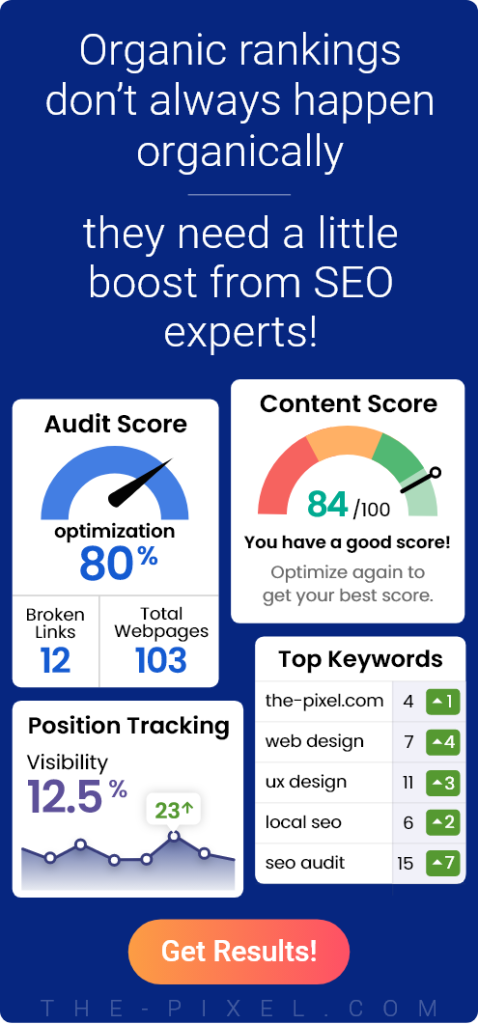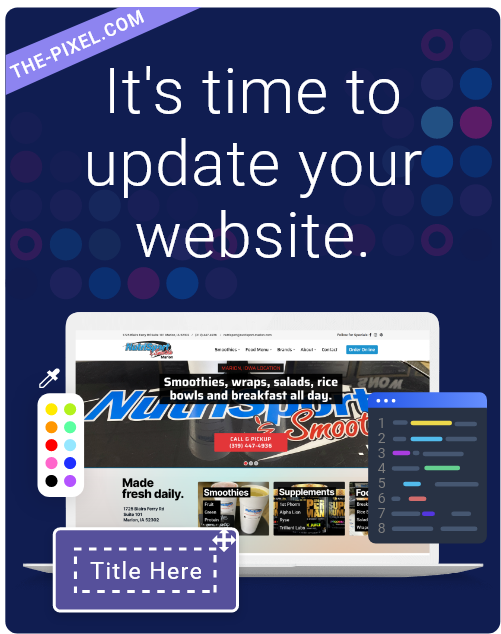User Experience in Web Design
User Experience in Web Design
Good user experience is an understanding of your audience
Back in 2000, a gentleman by the name of Steve Krug penned a book called “Don’t Make Me Think”1. The book was a short, sweet read, focused on web usability and human-computer interaction with the premise that a well-designed website or software application would allow a user to complete their desired tasks as easily and directly as possible. Some of the important points this book highlighted include the obvious: don’t make the user think; don’t make the user guess about things in their quest to achieve a goal, and to have an understanding of how people use websites, when too many choices and too much information can cause overload, and that website visitors typically don’t read everything on a website, they skim it.
While the term User Experience (also known as “UX’) is still fairly new, the idea that creating user-friendly websites has been around for quite some time as this book demonstrates.
What is “User Experience”?
The term itself is all over the web, written about in thousands of articles, and can be considered an umbrella over many areas such as design, usability, marketing, accessibility, and information architecture to name a few. According to the Nielsen Norman Group, a leader in the field of user experience research, the term “User Experience” encompasses all aspects of the end-user’s interaction with the company, its services and its products2.
The Four Main Aspects of User Experience
The root of providing a good user experience is an understanding of your audience, what they need, what they value, their abilities and their limitations. It also takes into consideration the business goals and objectives and aims to align these with the users goals. There are several factors that affect the user experience, the 4 main ideas are as follows.
1. Value: Is it useful?
Does this website, content, service, or product provide value to the user? A website or app can have great usability but if it does not provide any value to the user, if it does not fulfill the user’s needs, then why use it? A product (or website or app) that does not add value by fulfilling user needs does not provide a meaningful user experience—regardless of how well it might be designed.
2. Usability: Is it easy to use?
Usability is about how easily users can complete their intended tasks using a product. There are many types of usability issues that hinder users’ ability to complete the tasks that they intend to perform. Usability is simply the idea that a person should be able to use your products without feeling that the process is frustrating or bothersome.
3. Adoptability: Is it easy to start using?
This is a key question for mobile apps in particular. Though mobile apps may be the dominant platform on the mobile web, approximately 95% of apps that are installed are instantly abandoned. Adoptability is the element that covers the ease with which your content can be accessed by new and returning users. Always ensure that you are providing easy access to a product, content, etc.
4. Desirability: Is it fun and engaging?
Desirability isn’t just about making things nice looking, though a large part of desirability is attributed to innovative design and visual appeal can drive desirability. But beware – an aesthetically pleasing design can create a perception of a good experience, however if it lacks substance, it will not live up to its potential. A desirable product must also engage users in relation to their needs. Good designs may not be intriguing to people who are not the target audience and a product doesn’t always have to have visual appeal to be desirable. For example, MS Excel is not especially “pretty”, but it is still quite desirable for folks who want to analyze data.
Hire ThePixel to build your next website!
Since our founding in 2008, we’ve created and launched many types of business websites. Over the last decade and we’ve learned a thing or two! That’s why we’re masters of our craft, let us help you build the website of your dreams – one that generates traffic, leads and conversions.
Are you ready to start? If yes, contact ThePixel and one of our representatives will guide you through the website phases and how the process works either by a Zoom Meeting or phone.

